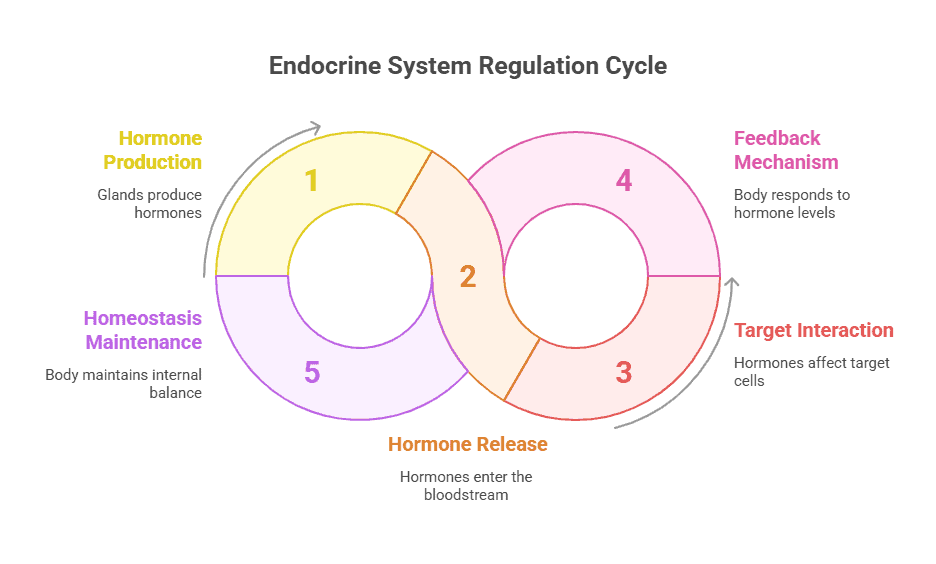Endocrinology is the study of the endocrine system, which is a complex network of glands that produce and release hormones into the bloodstream. These hormones are chemical messengers that regulate various bodily functions, including metabolism, growth, reproduction, and stress response.
The Endocrine System
The endocrine system consists of several glands located throughout the body, such as the pituitary gland, thyroid gland, adrenal glands, pancreas, and ovaries/testes. Each gland produces specific hormones that travel through the bloodstream to target organs and tissues, where they exert their effects.
Hormones
Hormones are essential for maintaining homeostasis, which is the body’s ability to regulate internal conditions to ensure optimal functioning. They act on target cells by binding to specific receptors, triggering a cascade of physiological responses.
Glands and Hormones
Each gland in the endocrine system produces distinct hormones with unique functions. For example, the thyroid gland secretes thyroid hormones that regulate metabolism, while the adrenal glands produce cortisol, the stress hormone. Understanding the roles of these hormones is crucial for diagnosing and treating endocrine disorders.
Endocrine Disorders
Imbalances in hormone levels can lead to various endocrine disorders, such as diabetes, thyroid dysfunction, and adrenal insufficiency. These conditions can have a significant impact on overall health and require careful management by endocrinologists.
Research and Treatment
Advancements in endocrinology research have led to the development of new treatment options for endocrine disorders, including hormone replacement therapy and surgical interventions. Endocrinologists work closely with patients to provide personalized care and improve their quality of life.
Summary
In summary, endocrinology is a fascinating field that explores the intricate interactions between hormones and glands in the body. Understanding the functions of the endocrine system is essential for maintaining optimal health and managing various endocrine disorders. By studying the roles of hormones and glands, researchers and healthcare providers can develop effective treatments to improve patient outcomes.
Key Takeaways:
- Endocrinology is the study of hormones and glands that regulate bodily functions
- Hormones are chemical messengers that travel through the bloodstream to target organs
- The endocrine system works closely with the nervous system to maintain homeostasis
- Key glands in the endocrine system include the pituitary, thyroid, adrenal, and pancreas
- Understanding the endocrine system is crucial for maintaining overall health and wellness
Key Terms:
- Endocrinology: The branch of biology and medicine concerned with the endocrine system, hormones, and their functions.
- Hormones: Chemical messengers produced by glands in the endocrine system that regulate various bodily functions.
- Glands: Organs or tissues in the body that produce hormones and release them into the bloodstream.
- Endocrine system: The system of glands that produce hormones and regulate various bodily functions.
- Homeostasis: The body’s ability to maintain a stable internal environment despite external changes.
- Feedback mechanisms: Processes by which the body regulates hormone production based on internal and external signals.
- Positive feedback: A feedback mechanism that amplifies a response, leading to further hormone production.
- Negative feedback: A feedback mechanism that inhibits hormone production to maintain homeostasis.
